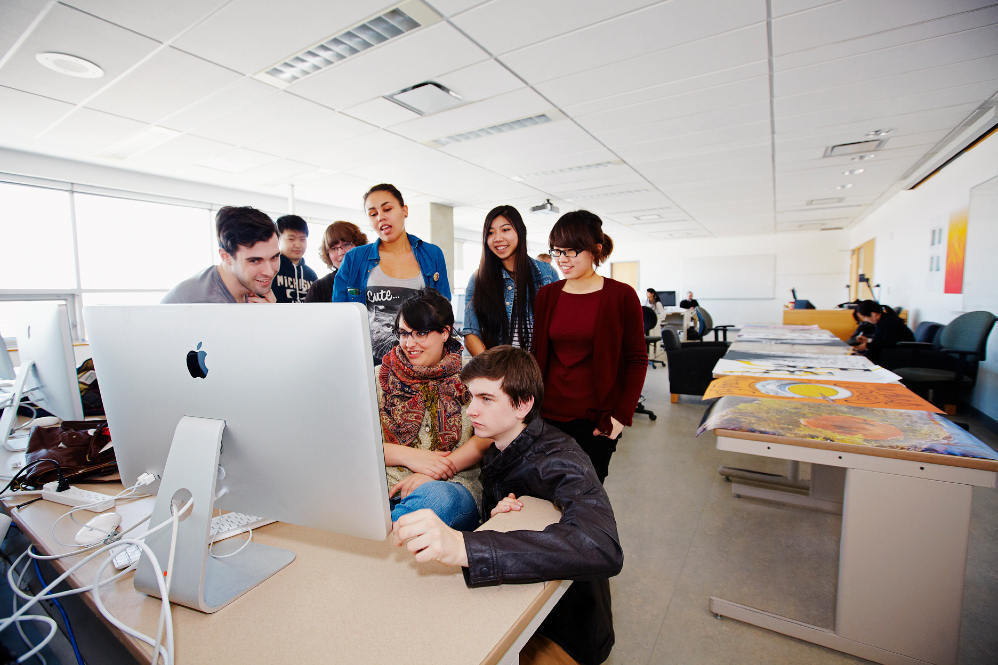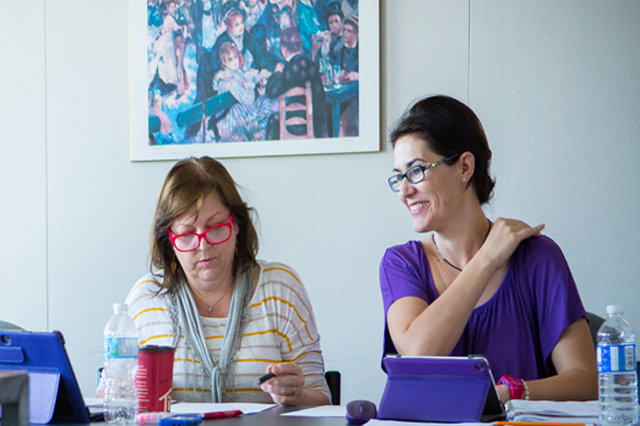Our mission is to educate candidates in linguistics and applied linguistics in ways that will prepare them for careers in teaching, research, government, and the private sector. We do this within York University’s exciting academic and social environment.
We offer a one-year M.A. and a four-year Ph.D. program with courses and specializations in either Linguistics or Applied Linguistics. In Linguistics, students can focus on sociolinguistics (language variation and change, discourse analysis, language, and law), formal linguistics (phonology, syntax), or psycholinguistics. In Applied Linguistics, students can focus on second language education and assessment, language policy and planning, narrative studies, as well as multi-modal and e-learning. While linguistics and applied linguistics are the structural columns of the program, the program encourages interaction and cross-fertilization between areas of interest represented within the program.
Note: Students entering the MA and PhD programs commence in September. Our programs do not have winter or summer term start dates.

MA
The MA program commences in September and does not have winter or summer term start dates. Students can take courses and specialize in either Linguistics or Applied Linguistics. The program has cross-appointed professors from the Faculty of Liberal Arts and Professional Studies, the Faculty of Education, as well as Glendon College.

PhD
The PhD program commences in September and does not have winter or summer term start dates. Advisors work with incoming PhD students to structure a program of study that provides them with a grounding in their chosen field, and also ensures their exposure to other perspectives and issues related to the larger social and linguistic contexts

Learn More
The Graduate Program in Linguistics & Applied Linguistics at York is an exciting environment to pursue innovative, socially engaging, career-ready education. Contact our Graduate Program Assistant to learn more.
